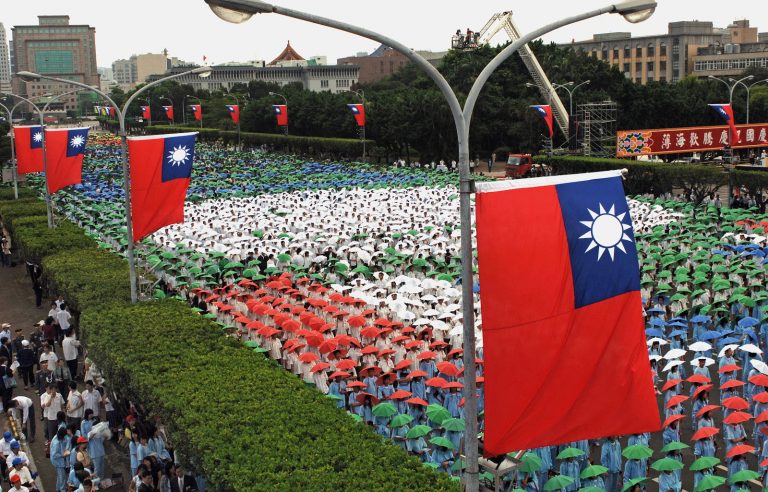According to an investigation titled China’s Hunt for Overseas Taiwanese released on Nov. 30 by Safeguard Defenders, the People’s Republic of China (PRC) has been arranging for Taiwanese citizens arrested abroad to be extradited back to communist-ruled mainland, instead of Taiwan.
Between 2016 and 2019, human rights NGO Safeguard Defenders has documented over 600 cases of Taiwan nationals being extradited or deported from countries across Asia, Africa, and Europe, and sent to mainland China.
Taiwan, officially known as the Republic of China (ROC), once ruled all of China prior to its defeat on the mainland by communist rebels in 1949. Despite not having U.N. membership, Taiwan functions as a fully independent, democratic nation. The PRC claims Taiwan as an “indivisible” part of its sovereign territory, with the Chinese Communist Party (CCP) vowing to retake the island and retaliate against any country that interferes with its “internal affairs.”
Taiwan’s government has always insisted that ROC citizens arrested abroad be repatriated to Taiwan for trial. However, Beijing claims that as an unrecognized “separatist movement,” all ROC citizens should be extradited back to the mainland instead.
Concerns about communist ‘justice’
The Spain-based Safeguard Defenders said the deportations were precarious because many of the Taiwanese sent back to the PRC have no family or connections there and risk facing persecution or severe human rights violations.
The investigation also points out that several nations are in breach of international human rights laws by following extradition treaties with Beijing, specifically singling out Spain and Kenya for extraditing the most number of Taiwanese to mainland China.
Success
You are now signed up for our newsletter
Success
Check your email to complete sign up
According to the report, “these forcible transfers are also often taking place following the denial of access to Taiwanese consular support or communication in the sending country, and sometimes followed by ongoing denial of contact with Taiwanese officials or family members once they are in the People’s Republic of China (PRC).”
It highlighted an example that took place in Kenya in 2016, where local authorities defended their decision to deport a group of PRC and Taiwan citizens — some of whom were acquitted of all charges — to the mainland. Kenyan police stated the decision was made in accordance with Beijing’s urging and because they did not have formal diplomatic ties with Taiwan.
‘One China’
Under its “One China principle,” Beijing has insisted that any country wishing to pursue diplomatic relations with China must first break official ties with Taiwan. This, in addition to the ROC’s expulsion from the United Nations half a century ago, has resulted in Taipei being isolated from the global community.
The PRC was handed Taiwan’s U.N. seat in the 1971 decision, becoming the internationally recognized “China.” This status was further boosted when the United States dropped official recognition for Taiwan in 1979, though Washington and Taipei continue to maintain informal relations and military cooperation.
Furthermore, the American “One China Policy” differs from the PRC’s stance, in that Washington does not take a stance on Taiwan’s sovereignty or lack thereof.
READ MORE:
Taiwan’s Battle to Remain Free
No information was provided on the fate of the Taiwanese nationals upon their extradition, but the report noted that at least two people were shown on CCP-run state media giving public apologies.
In response to the investigation’s findings, Taiwan’s government was quoted by AFP as saying the PRC “does not have jurisdiction” over Taiwanese arrested or convicted abroad, and that Beijing aims to “show its sovereignty over Taiwan.”
“We again urge the Chinese side that crime-fighting should not involve politics and we hope law enforcement units on both sides can continue to cooperate on an existing basis to effectively fight crimes and protest public welfare,” it said.
The mainland government has yet to formally respond.














